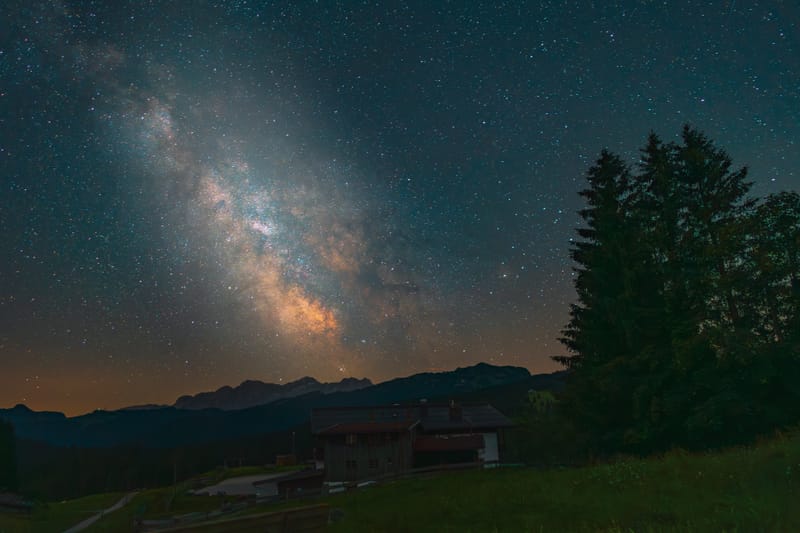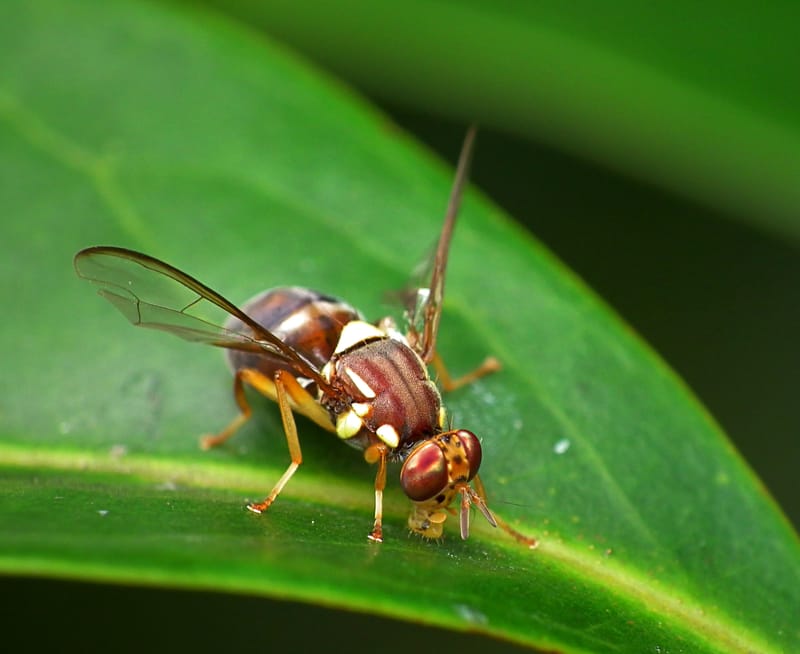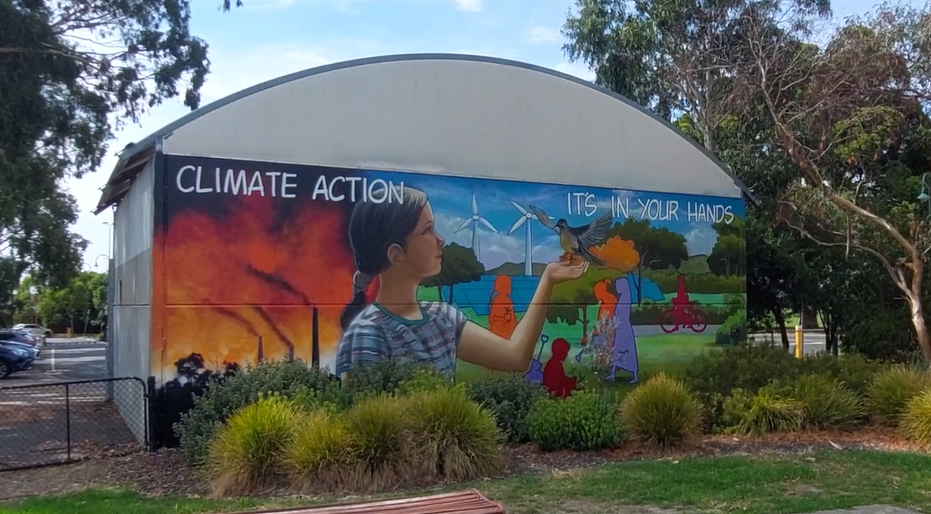National Science Week: Coffee in space, experimenting with our senses and mind-boggling art
🔗 [SYSTEM UPDATE] Link found. Timestamp incremented on 2025-11-26 13:55:13.From the chemistry of chocolate and the physics of brewing coffee in space, to artistic celebrations of worlds beyond our perception, our streets, schools and universities are swarming with events for all ages and...
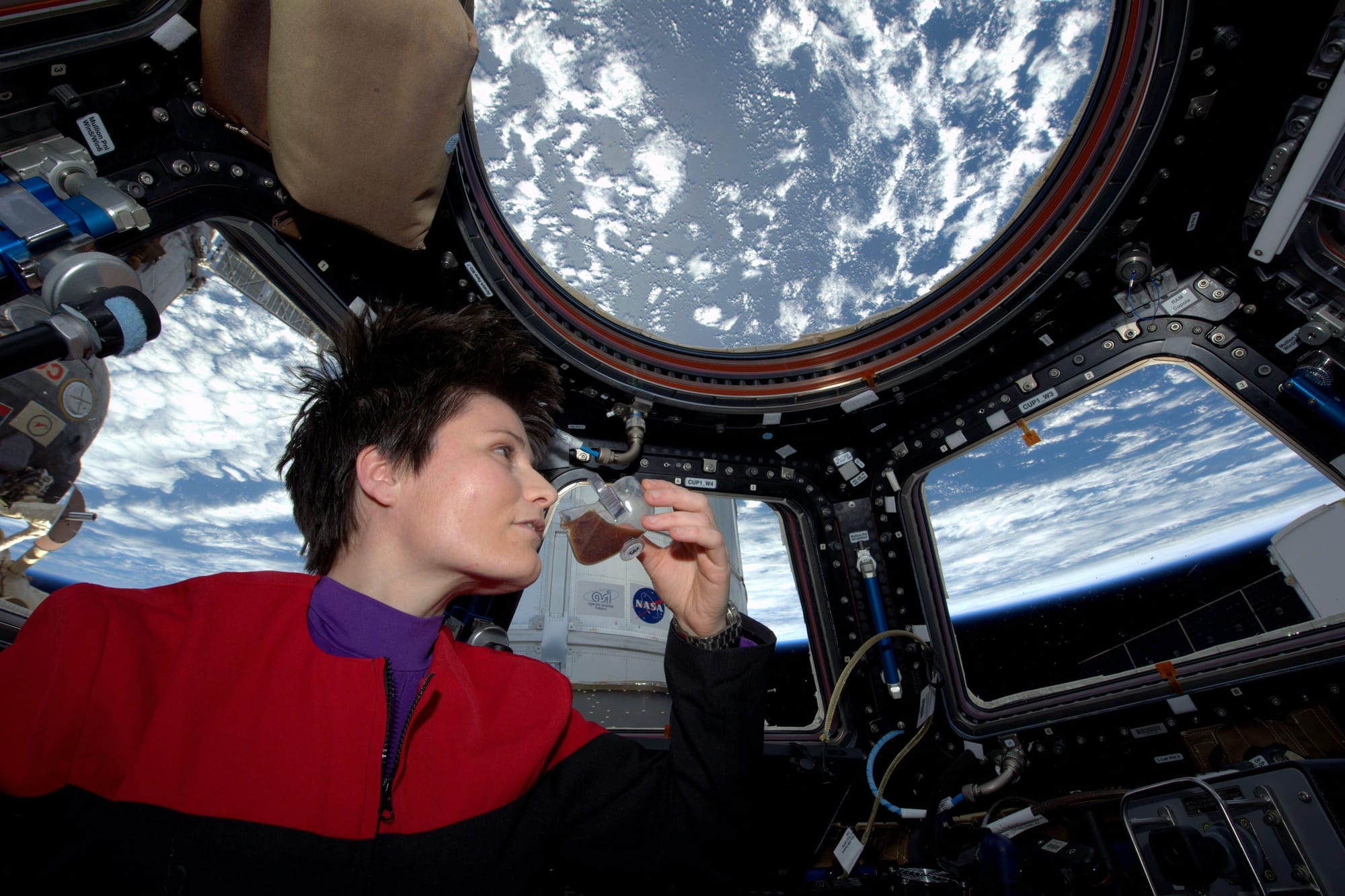
Health and Science Editor David McAlpine asks Australian scientists why National Science Week is such an important opportunity to engage the public in their research and inspire the next generation of scientists.
From the chemistry of chocolate and the physics of brewing coffee in space, to artistic celebrations of worlds beyond our perception, our streets, schools and universities are swarming with events for all ages and interests this week.
National Science Week is an annual celebration of all things science and technology, running from August 10-18. It is an opportunity for Australians to meet the diverse range of people who are shaping the future through science and celebrate its economic and social impact.
Swinburne University of Technology Astronomer and Lead Scientist of the Royal Institution of Australia, Associate Professor Alan Duffy, hopes as many people as possible engage with events like SCINEMA, which shows science films from around the world.
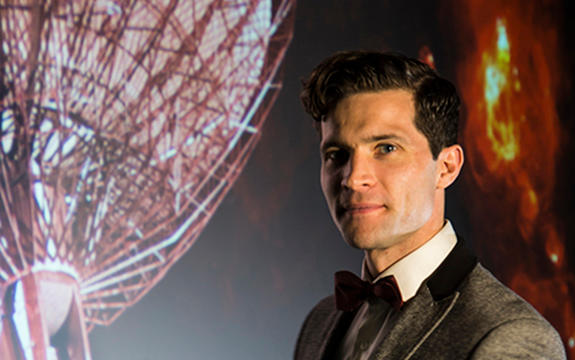
“It’s a chance to celebrate the amazing science undertaken around the country as well as show people of all ages how integral science and technology is to our lives,” Assoc. Prof. Duffy said.
“We are completely dependent on science and technology in our everyday lives but that very success has meant we often aren’t aware of it, so raising that science awareness and literacy is key for ensuring we make the best decisions as a nation regarding our future with it.
“It’s also the most exciting career you can have so I want to make sure as many people hear about science and technology and realise that it could be for them.”
“Science Week is all about being surprised and inspired.” – Associate Professor Alan Duffy, astronomer and science communicator
Professor Lisa Harvey-Smith echoed the sentiment National Science Week was an opportunity to engage the public with how science and technology underpins modern life.
The astrophysicist and University of New South Wales Professor of Practice in Science Communication is hosting an event in Sydney this week quizzing Australia’s top space experts on the future of the industry.

“Science and technology are literally driving our health, communication, transport and how we live our lives,” she said.
“It's imperative that we take everyone on this journey and have nationwide conversations on the ethics and practice of science as they are built into our culture.”
“Parents, grandparents, aunts and uncles - get your kids down to the local events for National Science Week and spark their imaginations - and maybe even a brilliant career in STEM!” – Professor Lisa Harvey-Smith, astrophysicist and science communicator
Monash University neuroscientist Dr Claire Foldi, who researches anorexia and feeding disorders, said science outreach events help engage the public in how scientific issues directly impact decision-making.
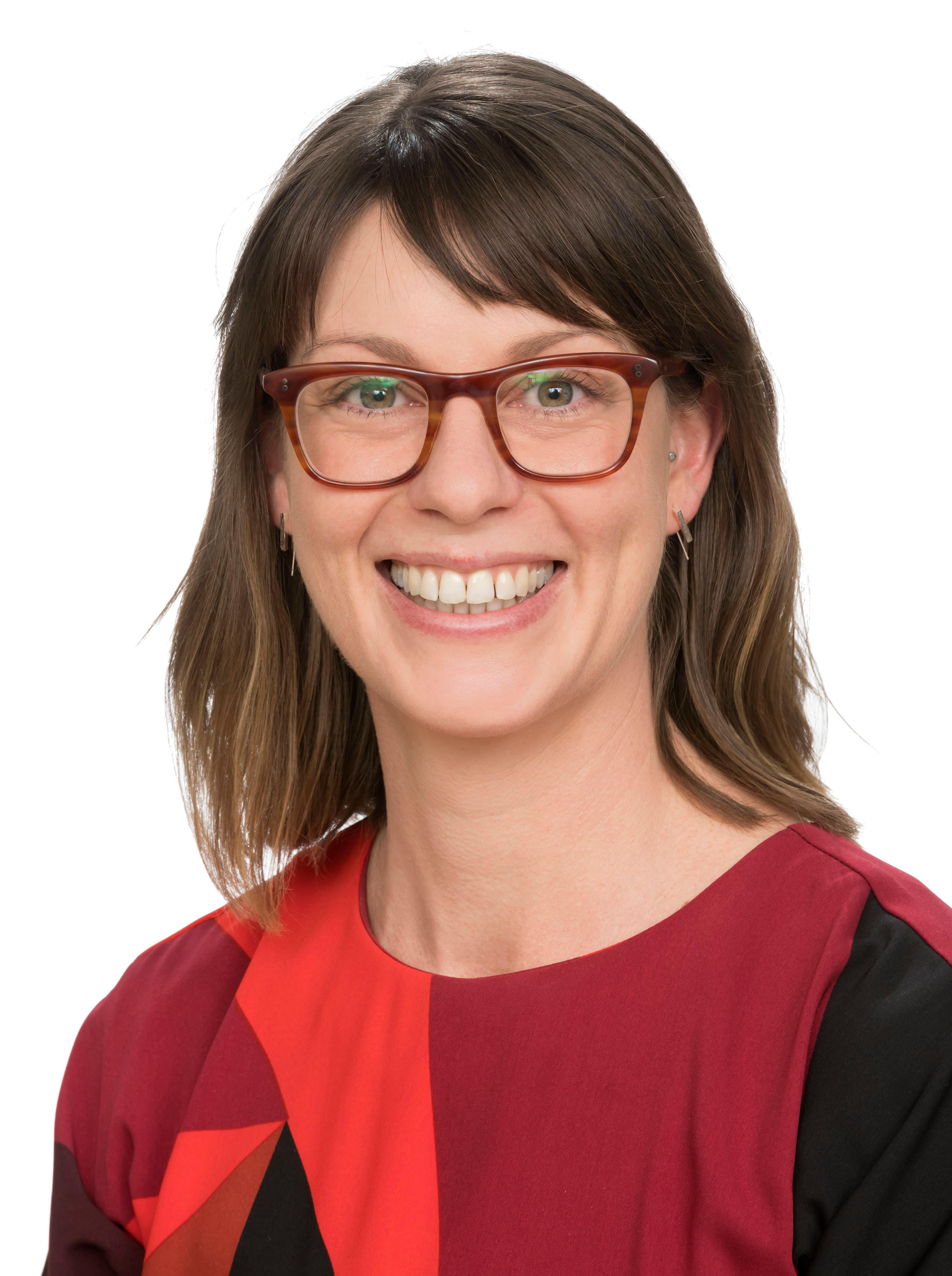
“As the pace of scientific discovery accelerates, the public is faced with an increasing need to understand how new advancements in science are relevant to their daily lives,” Dr Foldi said.
“This becomes particularly important when people have to base their own decisions, in politics or healthcare, for example, on information that is not clear to the everyday person.”
Although many events are aimed at a wide range of age groups and interests, a key motivation behind National Science Week is to inspire the next generation to pursue careers in the science, technology, engineering and maths (STEM) fields.
Dr Stephanie Simonds, postdoctoral fellow in heart disease at Monash Biomedicine Discovery Institute, said the events remind her “how lucky” she is to have forged a career that has impact in society.
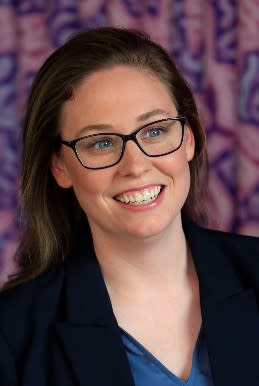
“National Science Week lets everyone, young and old, see and sometimes experience what we actually do as scientists. National Science Week opens the eyes of so many to how science drives everyone’s lives,” Dr Simonds said.
“The greatest excitement is always seeing children get excited about science and asking why, why, why! We need children to want to do science and this is a great way to show them what it is.”
Interacting with scientists is also important to break the stereotypes typically perpetuated in popular culture, said Professor Bob Wong, Monash University's Deputy Head of the School of Biological Sciences.
“Like any career, there is a diversity of people working in science,” Professor Wong says. “It's very important, especially for young people who might be interested in science, to be able to see themselves represented in the faces of established researchers. Representation matters.”
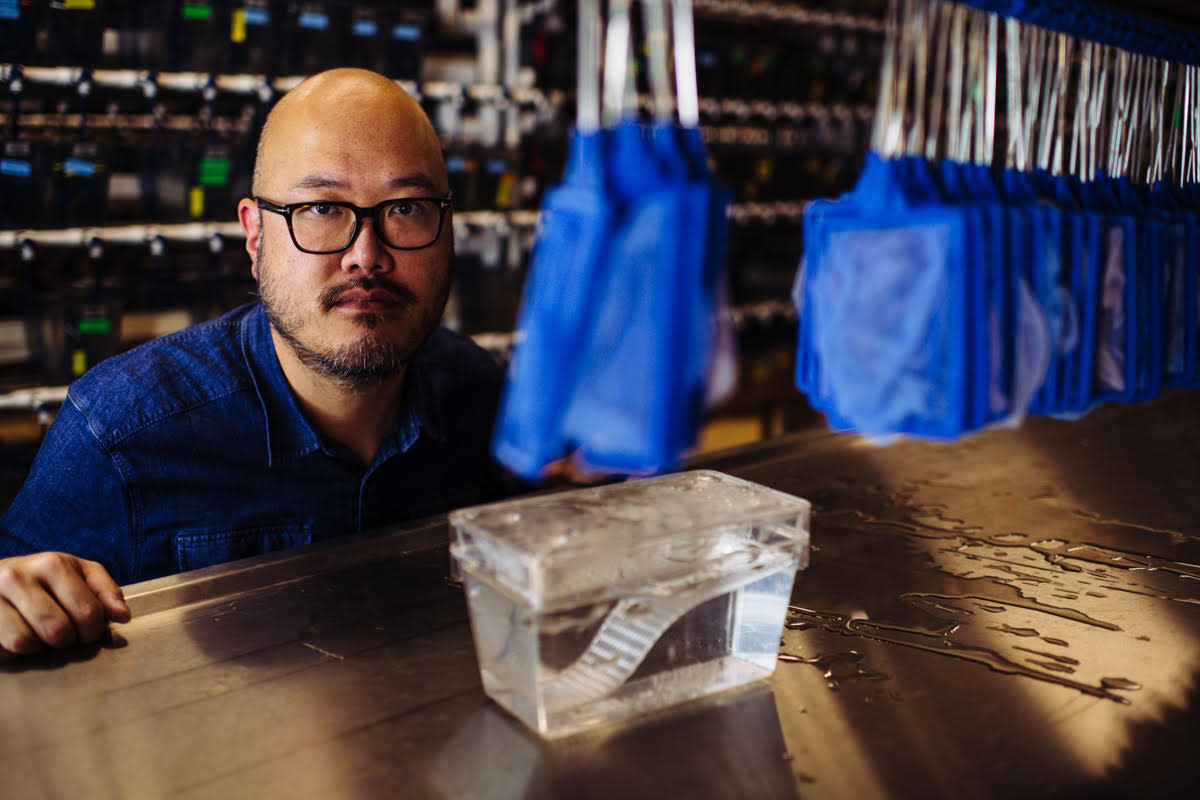
“In this modern age of information-overload and fake news, I think it is more important than ever to explain the evidence base upon which scientific advances are made so that members of the public can try to make sense of challenging issues, such as climate change or feeding the world's growing population.”
“Most of the research we do is funded by the public purse. I therefore think that scientists owe a duty to inform the public about the discoveries that have arisen as a direct result of that funding.”
“It is important to capture the public imagination of what science has to offer in terms of societal benefits and to inspire the next generation of young scientists.” – Professor Bob Wong, behavioural ecologist
For more information on more than 2000 Science Week events being held nation-wide, head to scienceweek.net.au.



